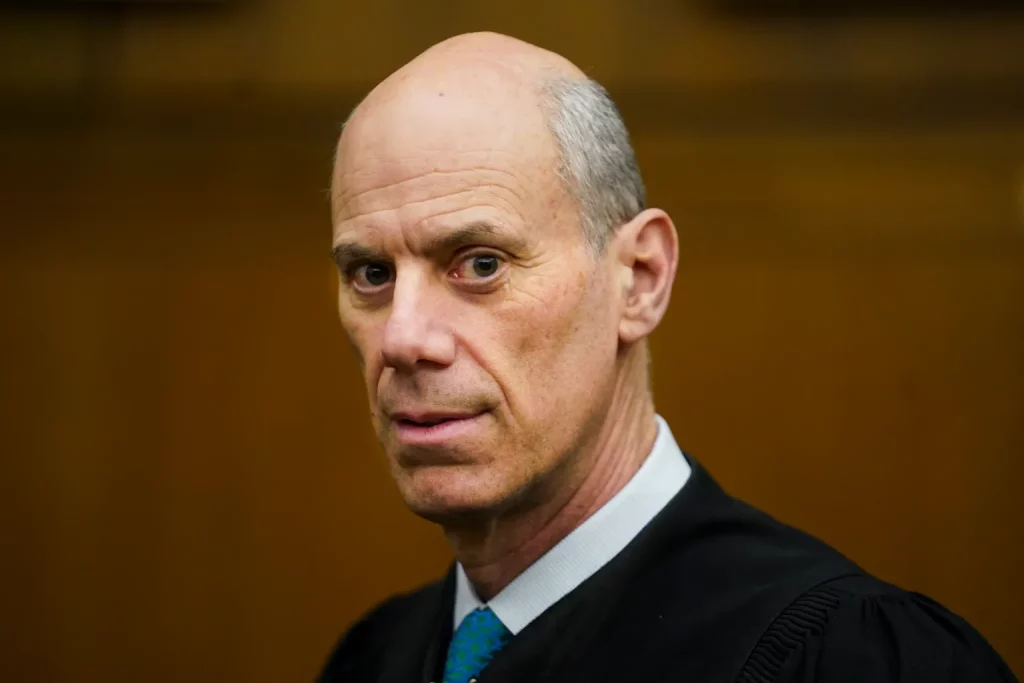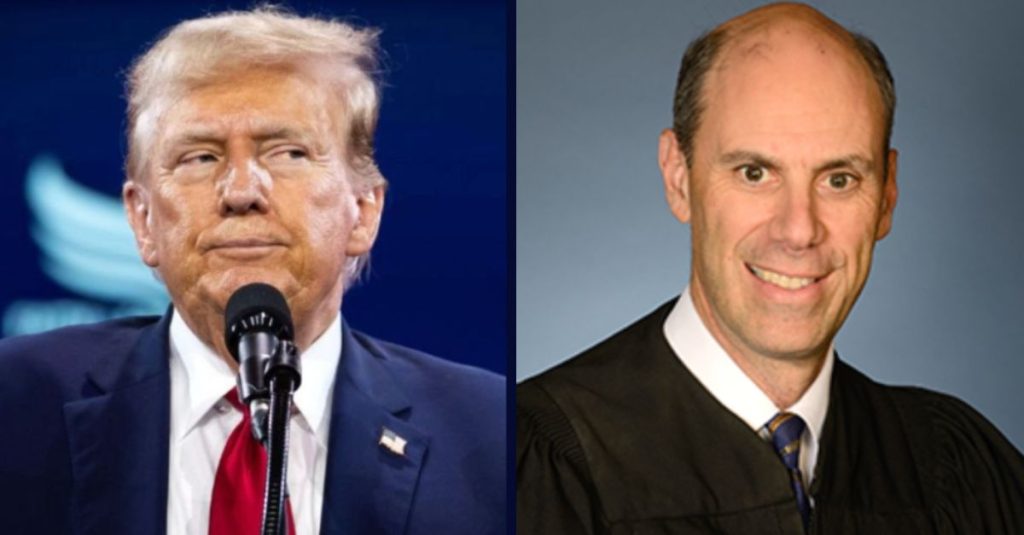In a scathing rebuke, U.S. District Judge James Boasberg has upbraided the Trump administration for failing to comply with a federal court order, escalating tensions in an ongoing legal battle over the deportation of migrants under the Alien Enemies Act of 1789 (AEA). The case centers around the U.S. government’s controversial use of this 18th-century wartime law to fast-track deportations without due process, a situation that has sparked fierce debates about constitutional rights and executive overreach.
The Core of the Dispute: The Alien Enemies Act and Deportation
At the heart of the controversy is the government’s invocation of the Alien Enemies Act, which grants the president the power to deport certain individuals—specifically, those from countries deemed hostile to the U.S.—during wartime. However, critics argue that the Trump administration’s interpretation of the law is an overreach of executive authority and violates constitutional rights, particularly the right to due process.
In this case, the Justice Department was ordered by Judge Boasberg to provide detailed information regarding two flights that were carrying alleged members of a Venezuelan gang to a notorious prison in El Salvador. The judge had prohibited the deportation of over 100 migrants under the AEA until further notice, demanding that the two planes return to U.S. airspace. However, in apparent defiance of this order, the planes departed U.S. airspace before the deadline set by the court.
The Government’s “Woefully Insufficient” Explanation
Instead of providing the requested details about the flights, the Department of Justice (DOJ) filed a brief and vague declaration from a mid-level immigration official. The declaration merely reiterated that the planes had already left U.S. airspace and did not return, as the judge had instructed. This was viewed by the court as a blatant evasion of the government’s obligations, and Judge Boasberg expressed his dissatisfaction with what he described as a “woefully insufficient” explanation.
The government’s response also claimed that discussions were ongoing about whether to invoke the state-secrets privilege, which would allow the administration to withhold sensitive information from the court. However, Boasberg dismissed this argument, noting that the information about the flights was already public, and footage of the migrants’ arrival in El Salvador had been shared on social media by Trump administration officials.
Judge Boasberg’s Rebuke: A Battle for Judicial Independence

Judge Boasberg did not hold back in his criticism, stating that the government’s response was evasive and lacked the necessary substance. He further demanded that the DOJ provide a more detailed explanation from someone with direct involvement in the discussions regarding the invocation of the state-secrets privilege, rather than relying on the declaration of an official with no direct role in the matter.
The judge’s strong words and frustration reflect the broader tensions between the judiciary and the executive branch, particularly during the Trump administration. In the past, Boasberg had expressed skepticism regarding the government’s use of the AEA and its application to the deportation of individuals without due process. This ruling marks a significant escalation in the ongoing clash, as Boasberg has now ordered the DOJ to file a more thorough declaration and explain why it did not comply with the court’s order to return the flights.
The Growing Constitutional Crisis: Trump’s Response and Political Fallout
This legal battle has caught the attention of legal experts and politicians alike, with many raising concerns about the broader implications of the administration’s actions. Some have warned that the Trump administration’s apparent willingness to flout court orders is a dangerous precedent that could lead to a constitutional crisis.
In response to the judge’s ruling, former President Donald Trump launched a blistering attack on Judge Boasberg, calling for his impeachment and accusing him of bias. Trump’s calls for the judge’s removal were met with swift condemnation, including a rare public statement from Supreme Court Chief Justice John Roberts, who defended the independence of the judiciary and stated that impeachment was not an appropriate response to a judicial decision.
Legal scholars have expressed alarm at the administration’s apparent disregard for judicial oversight. Jamal Greene, a law professor at Columbia University, commented that the president’s actions in this case suggest an assertion of dictatorial power. Greene warned that if the administration is allowed to continue ignoring court orders and circumventing due process, the U.S. could be heading toward a constitutional crisis.
The Larger Debate: Executive Power vs. Judicial Oversight
The dispute between Judge Boasberg and the Trump administration is part of a larger, ongoing debate about the balance of power between the executive branch and the judiciary. The Trump administration’s use of the Alien Enemies Act has been highly controversial, as critics argue that it undermines due process rights and circumvents the checks and balances that are central to the U.S. Constitution.
At the heart of this legal battle is the issue of judicial oversight. In a democracy, the judiciary plays a vital role in ensuring that the actions of the executive branch are in line with the Constitution and the rule of law. Judge Boasberg’s firm stance in this case serves as a reminder that no one—no matter how powerful—should be above the law.
The Case Continues: What’s Next for the DOJ?
As the legal battle continues, the Department of Justice faces mounting pressure to comply with the court’s orders and provide the necessary information about the flights and the deportation process. Judge Boasberg has set a new deadline for the DOJ to submit a more comprehensive explanation, with the court expecting an official declaration from someone with direct involvement in the matter.
The outcome of this case could have significant implications for the future of the Alien Enemies Act and the use of executive power in deportations. It also raises important questions about the role of the judiciary in holding the executive branch accountable, especially in cases involving the rights of vulnerable individuals.

